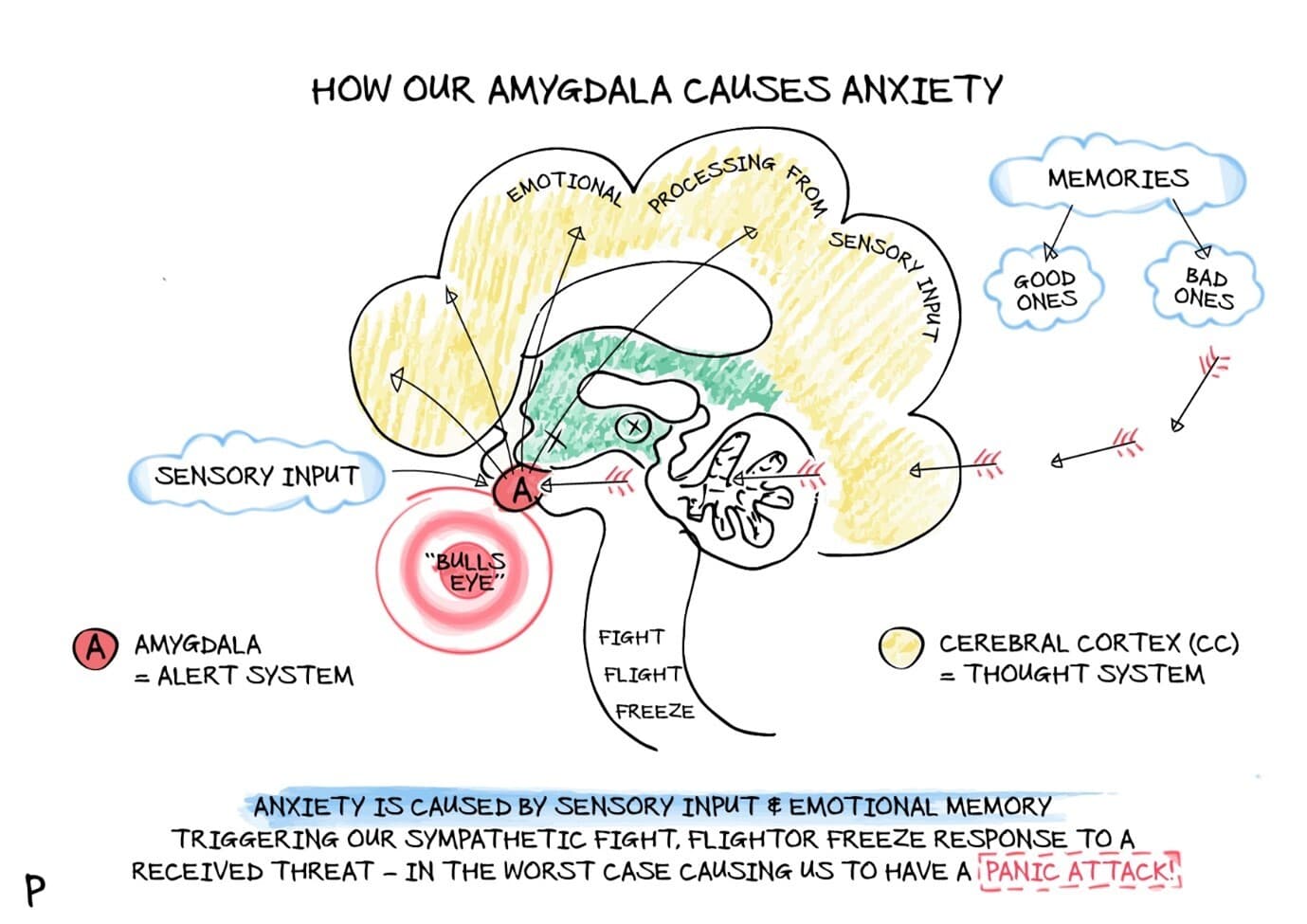This blog post was brought to you by vetThrive. Use the code MINDFULMAY20 to get 20% off vetThrive’s Six Shield program! Offer expires June 30, 2023.

Peak performance refers to achieving an exceptional level of functioning in a particular area or activity. Sometimes it happens by accident. The circumstances align, every little life variable falls perfectly into place, and you enter a powerful flow state where it feels like you can take on the world.
For most people, peak performance is a short-lived experience. But obtaining peak performance doesn’t have to be left to chance. It’s entirely replicable - provided you’re ready to make some changes to your daily routine.
In this blog post, we’ll explore six steps you can take to elevate your mental, emotional, and physical performance every single day.
1. Take your breath seriously
From the moment we’re born to the moment we die, we breathe. But it’s how we breathe that makes the difference to our work life and workspace. Breathing well empowers you to be well – it’s a fundamental function, not an exercise. Six to seven deep belly breaths per minute creates a massive 25% energy saving when using diaphragmatic movement techniques, as our muscles and organs move into the “green zone” (rest, digest, and repair mode) while we are still working.
2. Name it to tame it
For those veterinary professionals who have experienced or are currently experiencing daily anxiety, having a deeper understanding of the neuroscience can help demystify how this emotion affects our lives. The busy, noisy, demanding yet invigorating workplace environment of a veterinary hospital, with high levels of sensory and cognitive input being required daily, can be overwhelming if we are not using a proactive self-care approach. Name to tame the two separate pathways in the brain that give rise to anxiety.

3. All disease begins in the gut
Hippocrates had it right. It is well recognized that veterinary professionals suffer from a high degree of work-related stress, with more than two thirds of veterinarians reporting high levels of stress from their work. Stress can manifest as several physical symptoms, but no bodily system is more affected than the gut. Learn more about the gut-brain axis and how nourishing your body and mind can allow you to thrive. Download the Vet Professional Shopping List and listen to this podcast discussing the effect of diet on our mental health.
4. Restore within your workday.
Yoke your body with your mind with your own restorative stretch sequence. Your body will love you for it. Check in using your breath as you begin to intuitively notice your feelings and body awareness, then use specific restorative stretches after tiring dental or surgical procedures, when you are feeling sad, exhausted, or overwhelmed. Three to five minutes will change your mind and energy level immediately.
5. Dish wash your brain.
Sleep and rest are fundamental elements of health and wellness. Adequate sleep, rest, and recovery time allow us to flourish, rejuvenate, and remain resilient in life.
For most adults, seven to eight hours of sleep in a 24-hour period is the magic number for restoration and health. For example, studies show that getting less than seven hours of sleep can impair immunity and make people more susceptible to colds. Insufficient sleep is also linked to a range of negative cognitive effects, including lack of concentration and forgetfulness, which can lead to poor decision making, irritability, vibrancy, and loss of confidence. Quality sleep is like a dishwasher for our brains - it washes away the toxic protein build-up while the brain works to encode our day's experiences. While sleeping, our brain files those experiences in the correct place to improve our mastery in our career.
6. The right charity begins with oneself
Compassion is a powerful inhibitor of fear and an activator of courage - and courage has bodily benefits and rewards. Self-compassion appears to be a real core capacity or resource that allows people to recover from emotional distress and trauma. If you want to learn more about the definitions of workplace trauma you will be exposed to during your career, check out this podcast.
Compassion dynamically shifts the gears of our brain so that we’re better able to manage difficult emotions and tolerate distress, essentially building the resilience to stress required as veterinary professionals for a long and fulfilling career.
Takeaway
There’s no denying that a career in veterinary medicine can be challenging. A proactive approach to personal wellbeing and emotional resilience ensures you’ll be well equipped to take care of both yourself and your patients in the long term.
If you want to learn more about practical wellness and wellbeing strategies, check out vetThrive’s Six Shield program.
Use the code MINDFULMAY20 to get 20% off the vetThrive Six Shield program! Offer expires June 30, 2023.